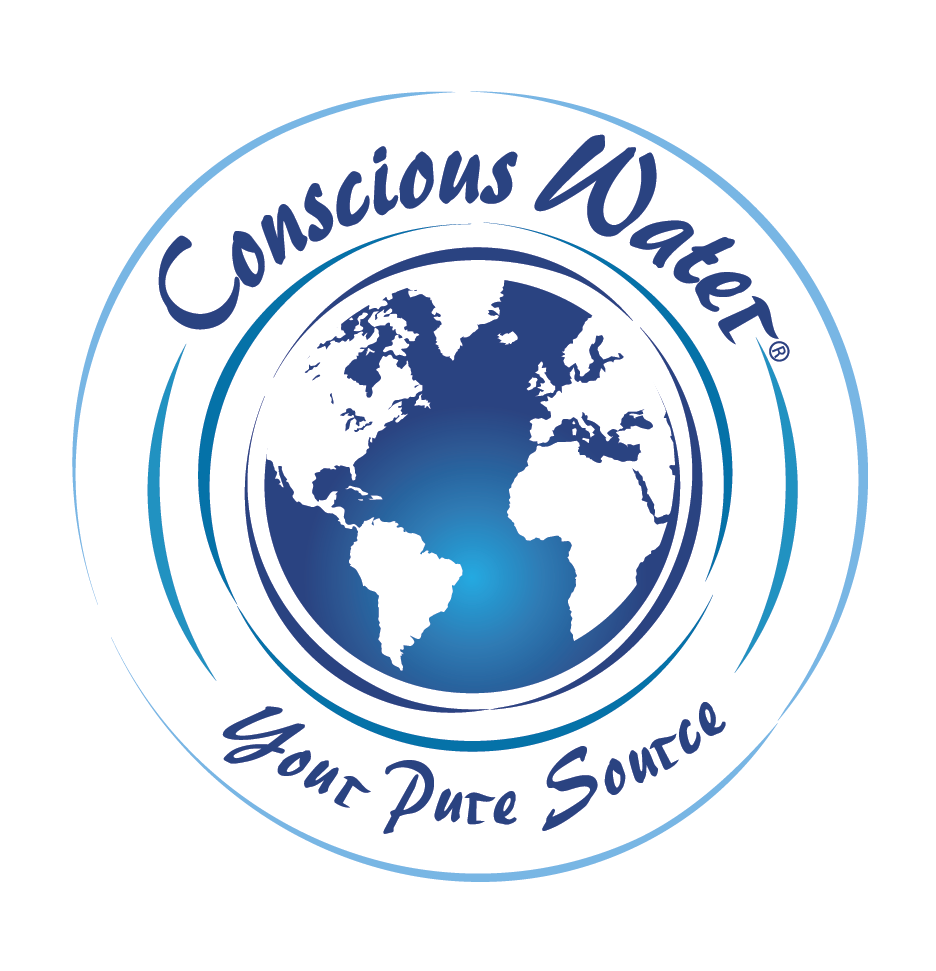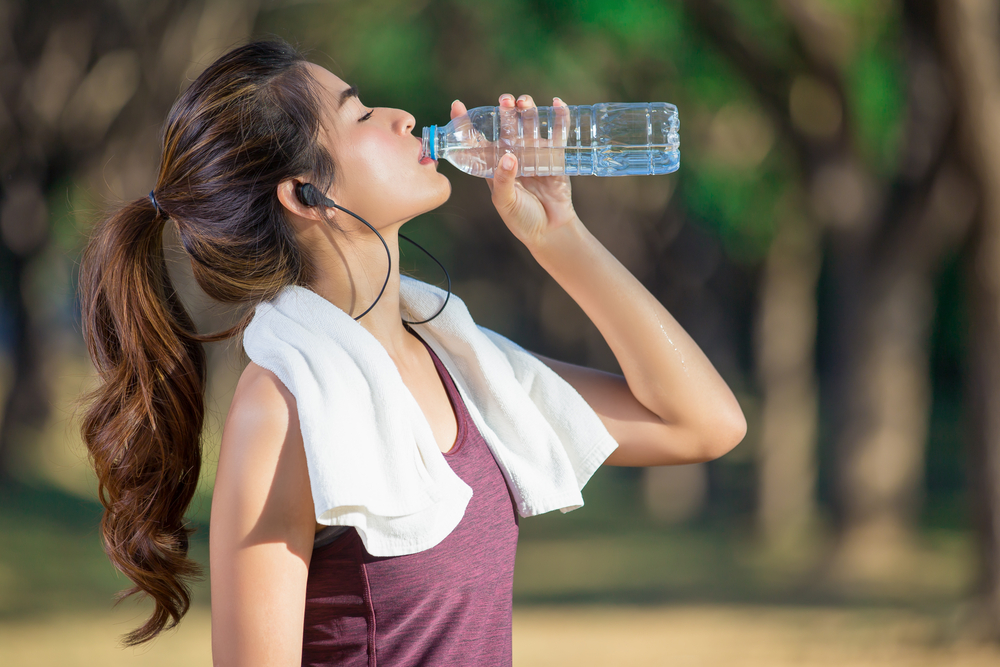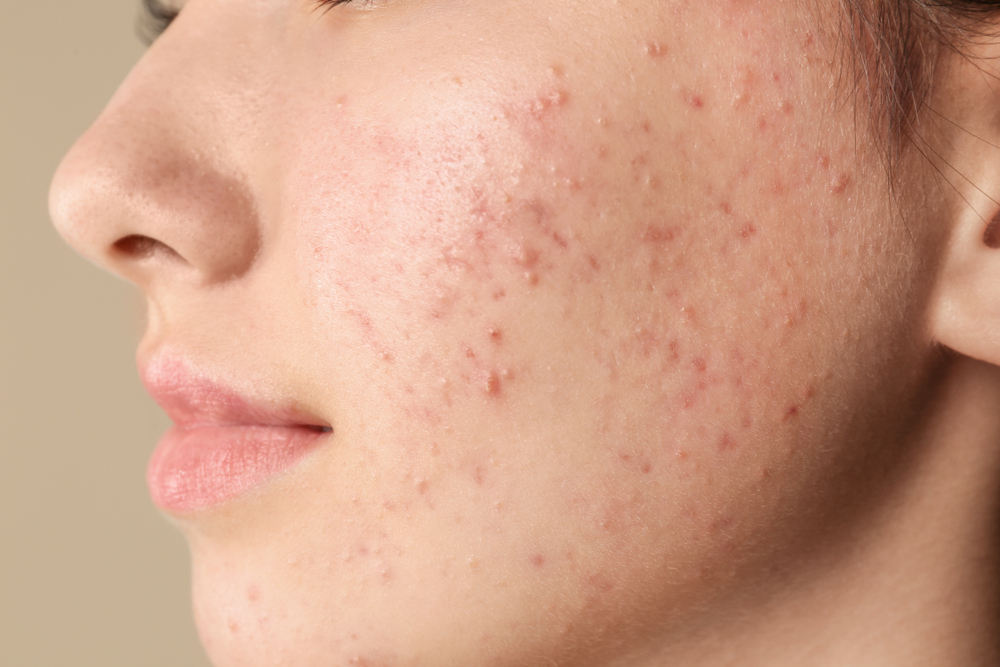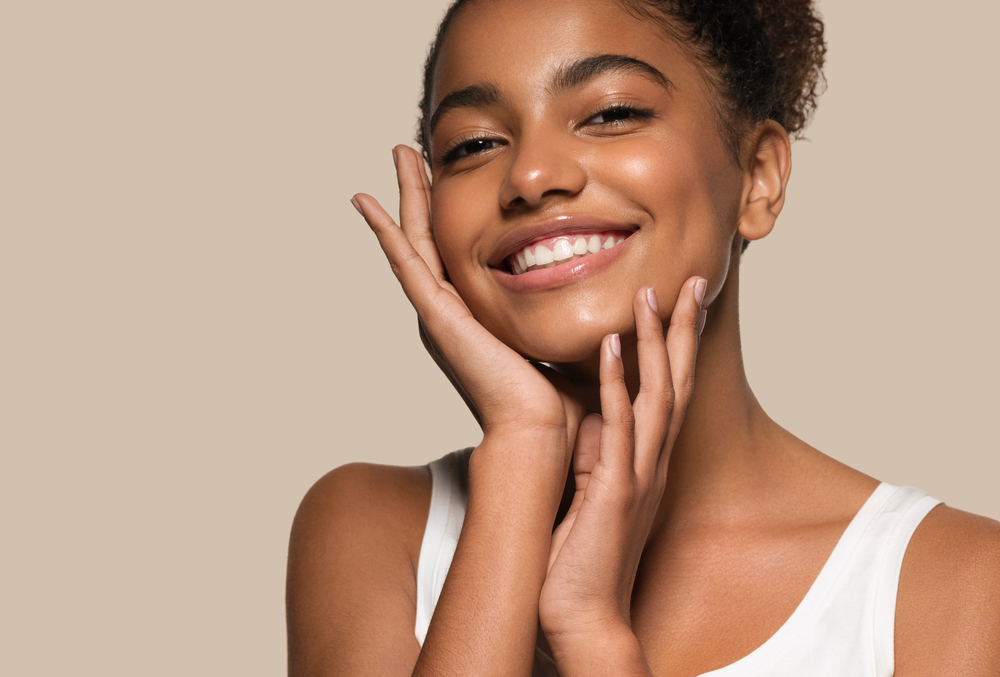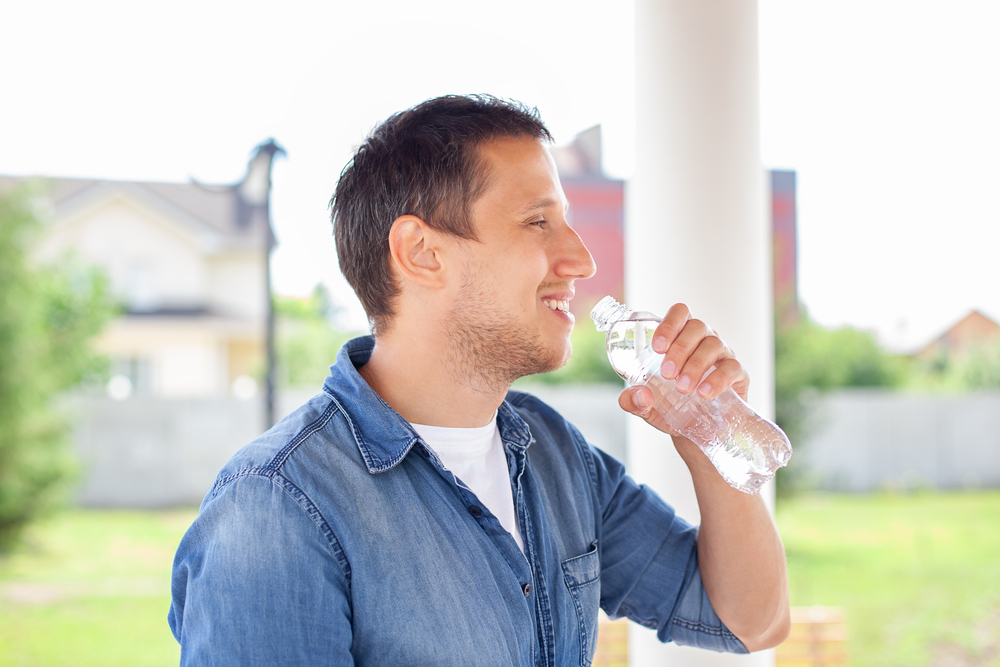Water is a vital life force without which people, plants, and animals wouldn’t survive. Humans use water for all kinds of needs and benefits. We take it as the miracle cure for all ills. But is it? To start with, does drinking water help with acne?
As it stands, there’s no proven direct scientific relationship between drinking water and curing acne. Even as we hold water as the cure for almost everything, it just isn’t. Things are more complicated, and studies so far only link water in acne treatment with how it directly or indirectly impacts body functions.
To best understand the effect of water in treating acne, it’s crucial to understand some background into what acne is and what causes it.
What Is Acne and What Causes It?
Acne is a common inflammatory skin disorder that manifests as pimples on parts of the skin when oil, hair, dead skin cells, and bacteria block the skin’s pores.
The body keeps its hair follicles lubricated by secreting natural oils called sebum. Sometimes the sebum-secreting glands produce too much of it, leading to the blockage of the hair follicles and even the glands themselves.
An acne breakout happens when the excess sebum combines with toxins, bacteria, and dead skin cells to clog the pores on the skin.
Contrary to popular understanding, acne doesn’t only appear on the face. Other parts of the skin, such as the chest, upper back, and shoulders are also affected by acne breakouts.
The pimples that form when the pores get blocked can manifest as nodules, blackheads, cysts, pustules, papules, whiteheads, and other forms.
What Causes Acne?
The same causes of acne are also known to accelerate or worsen breakouts. The following may cause or worsen acne-prone skin:
- Genetics
- Environmental problems like exposure to some industrial products or greasy, fried foods in places like restaurants
- Different types of medications, such as prednisone
- Stress (which causes cortisol levels to rise)
- Dairy products and foods with a high glycemic index
- Changes in hormone levels, especially in adolescent years
- Hormone fluctuations during menstruation or pregnancy
- Using skin care products that have high grease and oil content that clog the pores
- Unhealthy diets
- Poor skin cleansing practices
- Drastic weight loss
- Picking or poking at acne
- Excessive humidity
- Wearing headgear such as helmets and hats for prolonged periods
- Greasy cosmetic or personal care products like waxes and hair pomades
The underlying understanding is that opening up skin pores is crucial to treating and curing acne and getting clear skin. But it’s often easier said than done. Medical doctors or dermatologists use a multi-pronged approach to treat and cure acne.
Water is among the many solutions doctors recommend to people suffering from acne. So, how does drinking water help with acne?
Water Moisturizes the Skin
The skin is the largest organ of your body, while water is the most abundant component in the body at about 70%. When you drink water, most of it is first supplied to major organs, like the liver and kidneys, before the skin.
The water the skin gets moisturizes it and helps maintain healthy collagen production and skin cell rejuvenation.
The result is that these processes help with acne management by reducing the inflammation caused by pimples and acne scars.
Dry skin opens up the skin pores and causes them to break, allowing acne-causing bacteria to penetrate deeper into the skin and further worsen the situation.
Drinking water helps with skin hydration and moisturization enough to eliminate drying and cracking. But there’s a problem.
Since the skin receives water later than other vital organs, you can’t rely only on water to keep your skin hydrated. Many people also employ the use of moisturizers to keep their skin from drying out.
Water Reduces Blood Sugar Levels
Water plays a crucial role in managing and reducing blood sugar levels. High blood sugar levels are known to cause an increase in acne breakouts.
Water helps dilute the glucose content in the blood. When you consume foods with a high glycemic index, you risk upsetting your blood sugar content.
With a rise in blood sugar content comes excessive insulin production as the pancreas produces more. But when there is too much insulin, the body doesn’t use it correctly. Too much insulin increases oil production, leading to acne problems.
Foods that are high on the glycemic index include:
- Sugary beverages like sports drinks, soda, energy drinks, and sweet tea
- Potatoes (mashed or fried)
- Processed foods like pretzels and corn chips
- Fast foods like pizza, cheeseburgers, and fried chicken
- Baked foods or processed grains like cereals, doughnuts, and white bread.
While you may not always avoid these meals totally, it’s important to reduce their intake to ensure you don’t pump too much sugar content into your blood. This would help reduce the chances of developing acne problems.
Water Supports Immune Function
Taking sufficient water helps support your body’s immune function, which helps with acne management by protecting your body against certain strains of acne-causing bacteria like Cutibacterium acnes, initially called Propionibacterium acnes.
Water Enhances Natural Detoxification
The body can carry out natural detoxification on its own without the help of detoxification products. Water plays a vital role in natural detoxification by carrying nutrients across the body and flushing out toxins.
Water also keeps crucial organs like the liver, skin, kidneys, and lungs working efficiently to help with the natural detoxification process.
The water excreted as sweat through the skin helps remove heavy metals and toxins naturally while keeping the pores unclogged. When the pores are clogged, the toxins build up and worsen the acne breakout problem.
Furthermore, sweat contains antimicrobial peptides, such as dermcidin, which fight bacteria to prevent them from clogging your skin pores.
How Much Water to Drink Per Day
There isn’t one surefire way to determine how much water you should drink per day. Perhaps your best bet is the cliche of eight glasses of water per day.
The recommendation of eight glasses of water per day seems to be a universal value, but there’s more to it than you might think. The subject of how much water to take each day can be much more complicated.
For one, how much water you should drink depends on several factors. These include gender, stages in life (like pregnancy), age, type of lifestyle (activity level), body weight, diet type, and even the environment you live in.
For example, a person working in a high-heat environment like the kitchen of a large institution should have a higher water intake than someone working in a normal office, a low-heat environment. There are now calculators like this one that help you estimate how much water to drink per day based on the above factors.
Secondly, recommending eight glasses of water per day does not account for all the water in other fluids and daily meals, such as tea, vegetables, and fruits.
A better approach is what the US National Academies of Sciences, Engineering, and Medicine recommends as fluid intake rather than just water. They recommend consuming about 3.7 litres (15.5 cups) of fluids each day for men and about 2.7 litres (11.5 cups) of fluids each day for women.
Water Quality Matters in Acne Management
It’s easy to get fixated on drinking lots of water to manage acne and forget that the quality of the water you drink matters as much as drinking enough water each day.
At Conscious Water, we are dedicated to helping you drink high-quality water that will hydrate your body safely and help it function normally. You can shop Berkey water filters through us to ensure the water you drink is always filtered and safe for human consumption.
References:
- Theharleystreetdermatologyclinic: CAN DRINKING WATER IMPROVE YOUR ACNE
- Healthline: Does Drinking Water Help with Acne?
- Verywellhealth: Does Drinking Water Help Acne?
- Dripdrop: Does Drinking Water Really Help Acne? How to Support Skin Health
- Medicinenet: Can Drinking Water Get Rid of Acne and Help Clear My Skin?
- Forhers: Does Drinking Water Help Get Rid of Acne?
- Skinkraft: 10 Benefits Of Water For Great Skin + How Much Should You Drink Per Day?
- Apostrophe: Fact or fiction: water and acne
